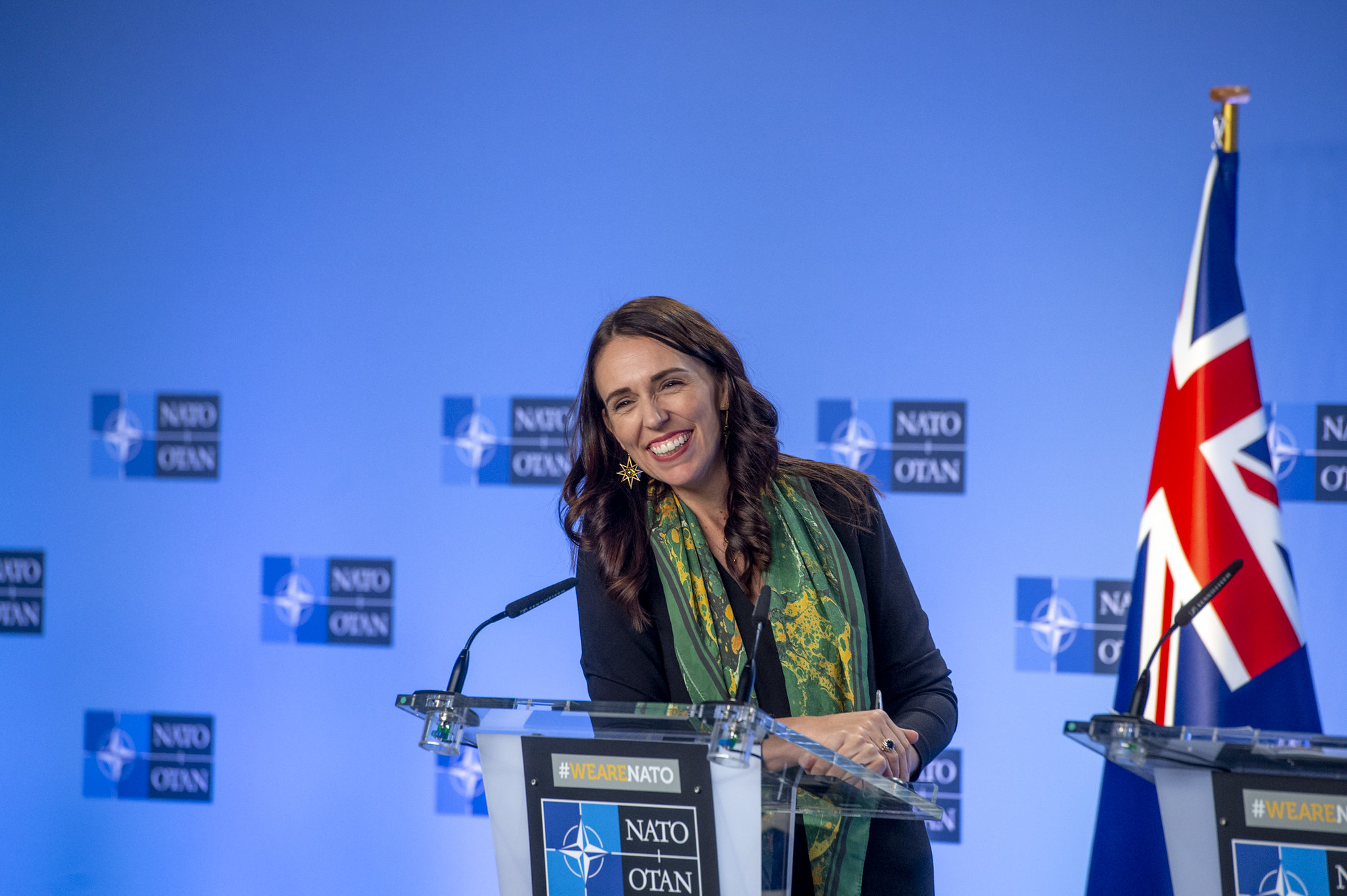“Kia ora, everyone. I’m standing against a blank wall in my house – because it’s the only view in my house that is not messy.”
So begins a 2020 campaign message posted by New Zealand Prime Minister Jacinda Ardern. She speaks directly into her phone at day’s end, in a comfortable sweatshirt, and with tousled hair, inviting Instagram viewers into her home as she lays out plans for the week ahead.
Voters and fans view her message from their own phones. She is candid, approachable, tired, and funny to her 1.4 million Instagram followers.
Facing a resurgence of COVID-19 just days later, the tone changes to one of concern, but the approach is the same in a Facebook Livestream.
Jacinda Ardern’s message of authenticity and empathy married with her skillful crisis management contrasts starkly with the divisive political practices in other Western nations. Her recent election victory can be seen as an endorsement of an inclusive leadership style that may ripple beyond New Zealand’s borders.
What stands at the root of her leadership is her decisive communication. Through social media, she has formed parasocial relationships with her audience to speak casually about policies and next steps. She is evidently unfiltered, smiling, but above all, in command of what she posts, shares, and shows. This alone boosts perceptions of her authenticity and competence.
Voters rewarded Ardern for her successful response to COVID-19, which stands in stark contrast to countries like the UK, US, and even neighbouring Australia. Ardern established a definitive elimination strategy and imposed one of the strictest nationwide lockdowns in the world. This shuttered the economy but wiped out community spread of the virus, allowing restrictions to be removed sooner than in many other countries.
Not only has Arden been successful in leading the nation through a very challenging time but also in communicating a vision for the country. In New Zealand, it’s about the politics of inclusion.
Ardern’s victory saw one of the most diverse parliaments to ever exist in terms of gender. Minority and indigenous representation. Labour won 64 of the 120 parliamentary seats, and more than half of those are female candidates. The Labour contingent also has 16 Māori MPs, an expanded group with Pacific islands heritage, the first MP of African origin, Ibrahim Omar, and Vanushi Walters, who is of Sri Lankan origin.
In her first term, Ardern relied on support from the populist New Zealand First and the center-left Greens to form the government. Now, with Labour having a majority, she can go at it alone. However, she has held out the possibility of creating a coalition government despite securing a historic election victory that will enable her Labour party to govern alone. Her leadership style is evidently one that prefers compromise and consensus.

Taking a look back at Ardern’s poise and sensitivity in her response to the horrendous massacre in two Christchurch mosques in March 2019, it is apparent that an empathetic approach to others’ pain does not make her a weak leader. In fact, she has a unifying effect that makes the country stronger.
“Many of those who will have been directly affected by this shooting may be migrants to New Zealand; they may even be refugees here, ” she said. “They have chosen to make New Zealand their home, and it is their home. They are us.” When Donald Trump asked what he could do to help, she told him to offer “sympathy and love for all Muslim communities”.
Whether it is a pandemic or terrorist attack, Ardern has distinguished herself both by her decisiveness when it comes to policy as well as through the warmth of her messaging. While her policy accomplishments in the past term can be described as modest, where Arden has been transformative is in her individual, often intuitive, conduct, and her COVID-19 crisis management suggests that she has all the tools to change the politics of the global north.
Edited by Naya Sophia Moser.
Photo credits: “The Prime Minister of New Zealand visits NATO” by NATO – North Atlantic Treaty Organization, published on January 25, 2019, under License CC-BY-NC-ND 2.0. No changes were made.
Mehak Balwani is in her third year at McGill University, currently pursuing a B.A. in International Development and English Literature.

